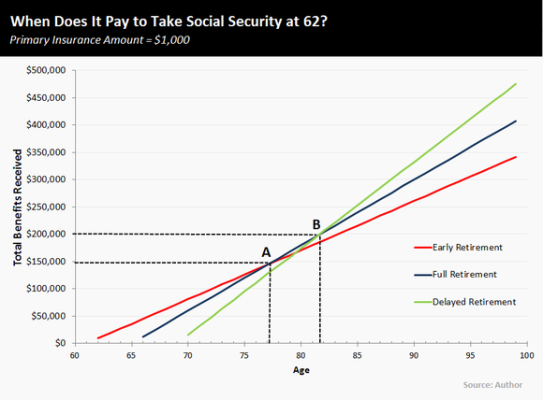why is he a quack?
I agree with him.
First of all I hate this American concept of Inheritance. let's see, I work hard all my life, give my kids every advantage and then I save and scrimp..what to leave it to my children when I'm dead?? Oh yeah that's a wonderful way to live life...
lol, my kids will graduate debt free from college, they are 21 and 23 and so far they have been to Paris, disneyworld (almost annually), lisbon, Jersey shore (annually), countless plays in NYC, Washington dc and numerous other local cities. My youngest will go to law school debt free (if he makes the grades) and most likely they will both inherit property. Sorry if they can't make it after those advantages, I am not going to feel guilty.
So no, I have absolutely no plans on leaving them a couple of million dollars. I plan on spending it and enjoying my senior years.
Now I am a widow, my husband died at 55 from cancer without ever enjoying a day of retirement. Yes, we took family vacations but basically the dreams we had of our senior lives died

And once again, this is a good way to live life?? IMO, that is not living basically what we do here in this country is we survive until we get old then we drop dead. so sad.



